Ecuador’s President Calls for US, European, and Brazilian Military Support in War Against Gangs
Noboa Seeks International Reinforcements as Crime Crisis Escalates
Ecuadorian President Daniel Noboa has urged the United States, Europe, and Brazil to join his government's war against violent criminal gangs, as the country grapples with soaring drug-related violence.
Speaking to the BBC, Noboa also called on former US President Donald Trump to formally designate Ecuadorian gangs as terrorist organizations, similar to his classification of certain Mexican and Venezuelan cartels.
Additionally, Noboa defended his recent collaboration with Erik Prince, the founder of the controversial private military firm Blackwater and a close ally of Trump, emphasizing that Ecuadorian law would be respected in their partnership.
Ecuador’s Security Crisis and the Call for International Aid
Ecuador has seen a dramatic rise in violence in recent years as criminal groups fight for control of key drug trafficking routes. The country's strategic location makes it a hub for cocaine exports, with around 70% of the world’s supply passing through Ecuador’s ports.
Noboa has long advocated for foreign military assistance in tackling the crisis, but this marks the first time he has explicitly sought help from the US, Brazil, and Europe. He emphasized the need for reinforcements, stating:
"We need more soldiers to fight this war. What began as criminal gangs have now evolved into international narco-terrorist groups with 14,000 armed members."
His administration has intensified crackdowns on gangs, deploying military forces to patrol the streets and prisons. While the murder rate has dropped by 16% from 2023 to 2024, violent crime remains alarmingly high. In January 2025 alone, a record 781 killings were reported.
Pushing for Terrorist Designation and Foreign Military Bases
Noboa expressed his support for the US classifying Ecuadorian gangs—such as Los Lobos, Los Choneros, and Los Tiguerones—as terrorist organizations.
"I would be glad if President Trump considers these groups as terrorist organizations because that is what they really are."
He has instructed Ecuador’s foreign ministry to secure cooperation agreements with allied nations to bolster the country’s police and military forces. He is also seeking legislative approval to amend the constitution and allow foreign military bases to operate in Ecuador again.
This move would require not only domestic legal changes but also the willingness of foreign governments to deploy troops. The US previously operated an anti-narcotics military base in Ecuador until 2009 when it was banned by then-President Rafael Correa.
Controversy Over Erik Prince Partnership
Noboa’s alliance with Erik Prince, announced recently, has sparked debate. Prince, known for his experience in military operations, previously founded Blackwater, a private security firm that provided services to the US government but became infamous for its role in the 2007 Nisour Square massacre in Baghdad.
While some Ecuadorians support the collaboration, others fear potential human rights violations. Addressing these concerns, Noboa stated:
"We are not necessarily talking about mercenaries. We are talking about armies—US, European, and Brazilian special forces. This could be a great help for us."
He emphasized that Ecuadorian law would be upheld, but also pointed out that drug cartels have committed severe human rights abuses, including murder, rape, and human organ trafficking.
His tough approach to crime has faced scrutiny, particularly after four boys were allegedly arrested by soldiers over theft and later found mutilated and burned. Noboa assured that those responsible were in custody, but critics argue his policies are excessively harsh.
Election Rivalry and the Future of Ecuador’s Security Strategy
Noboa’s presidency has been defined by his war on crime, a key issue ahead of Ecuador’s presidential run-off election on April 13. His opponent, left-wing candidate Luisa González, has questioned the effectiveness of his strategies.
"The campaign promises made in 2023 were supposed to be delivered in a year and a half. Did he deliver? No!" González said at a recent rally.
Noboa, however, remains firm, arguing that pre-election violence is common in Ecuador and that the country cannot fight drug cartels alone. He criticized the lack of a unified international security strategy to combat the global drug trade, pointing out that while Albanian, Mexican, and Colombian cartels work together, affected nations do not have a coordinated security response.
Ecuador’s drug trafficking and illegal mining industries generate an estimated $30 billion annually—about 27% of the country's GDP. Noboa urged consumer nations, such as the UK, to take more responsibility for addressing the cocaine trade, stating:
"The drugs they consume are part of a chain of violence and misery."
Addressing Migration and Economic Challenges
Worsening security conditions and post-pandemic economic struggles have driven many Ecuadorians to flee the country, with large numbers making the perilous journey through the Darién Gap toward North America.
Noboa has expressed willingness to accept Ecuadorian migrants back from the US but refuses to take in other nationalities. His government has introduced programs to provide returning migrants with job training and a temporary minimum wage.
"We need to create jobs in Ecuador so that our people don’t have to leave."
He remains optimistic about the country’s economic recovery, highlighting efforts to reduce inflation and increase hiring. His message to Ecuadorians ahead of the election is clear:
"Stay—and you’ll see positive results."
With the presidential run-off approaching, Noboa faces a tight race against González, having secured just 0.5% more votes in the first round. Whether his hardline security policies resonate with voters will likely determine the outcome.


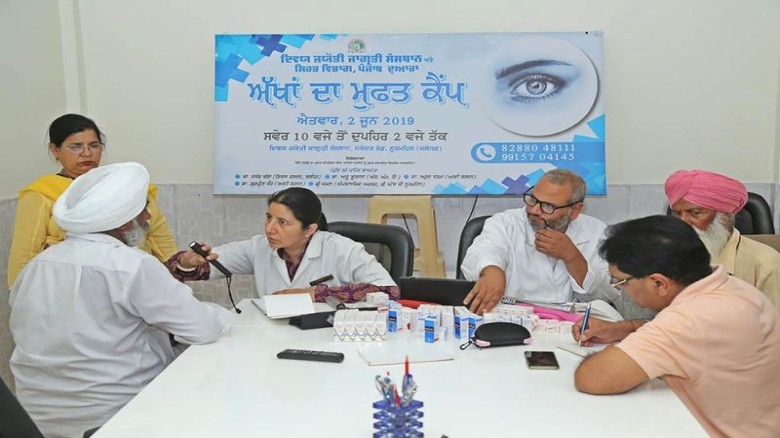
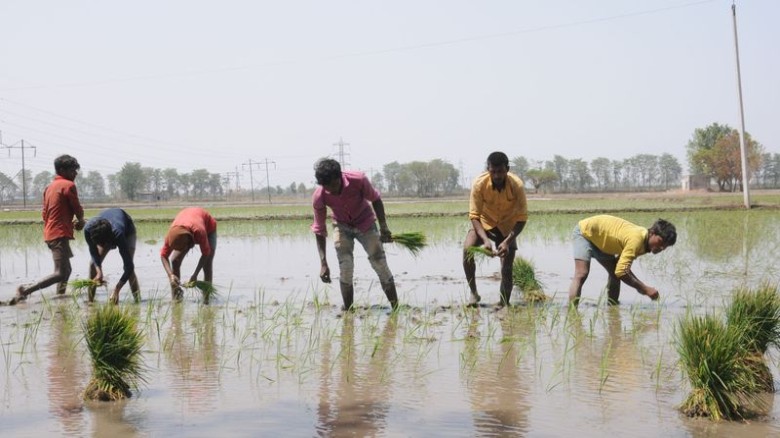
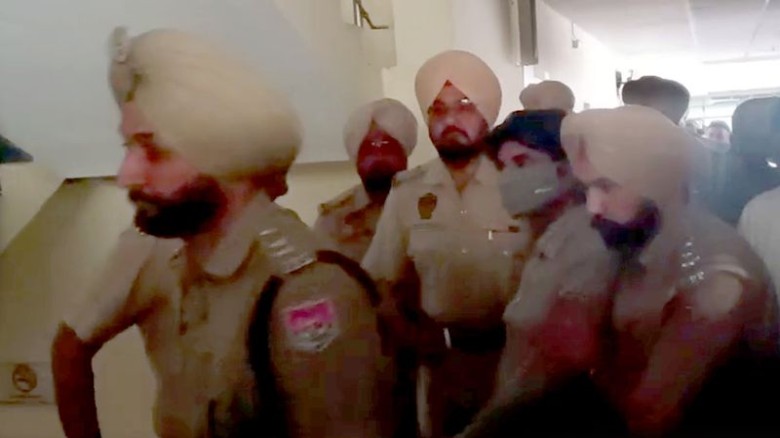
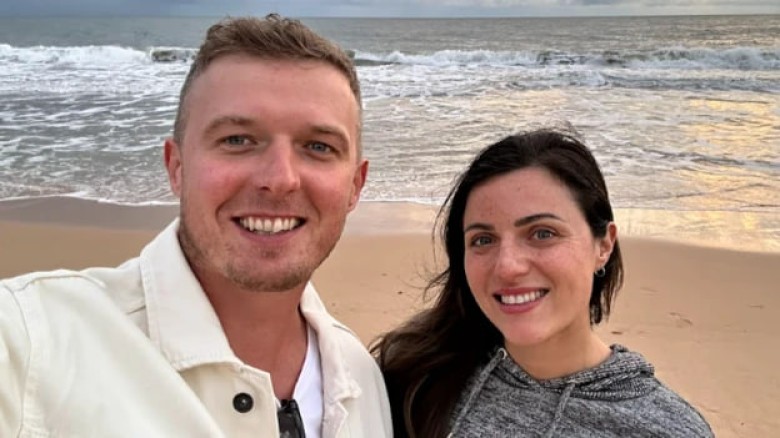
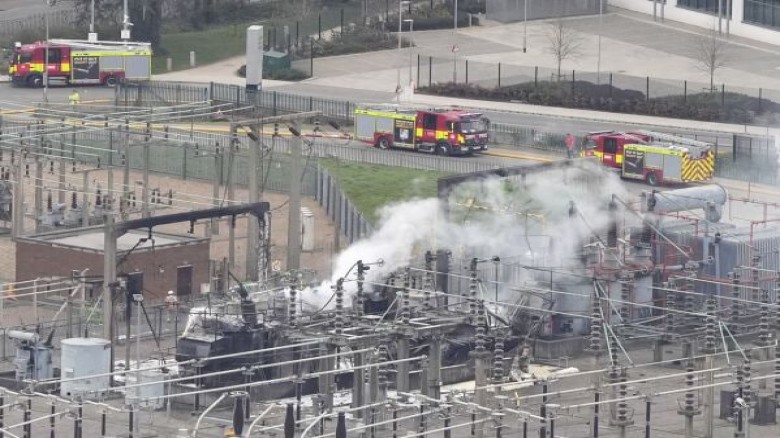
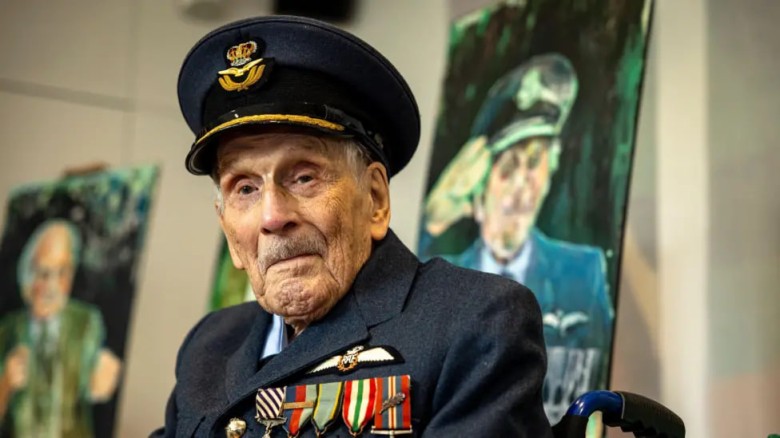
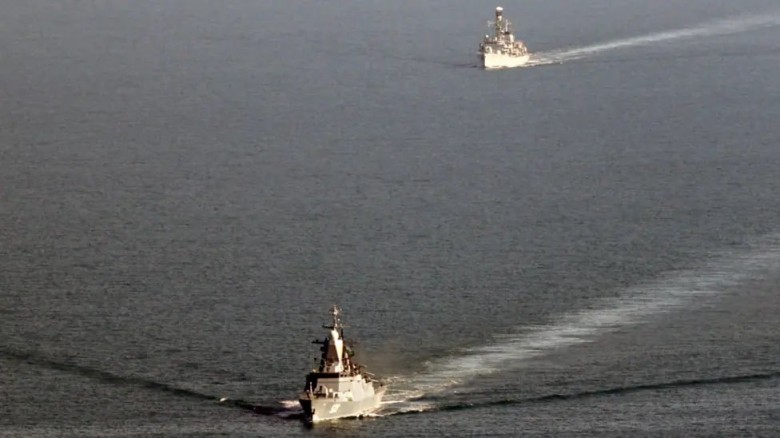
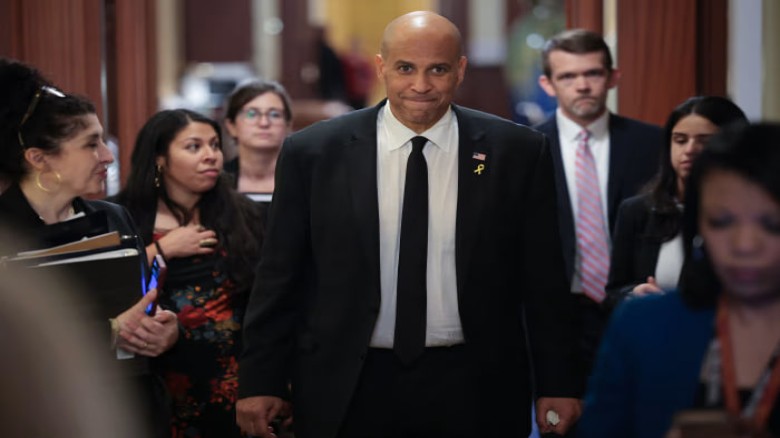
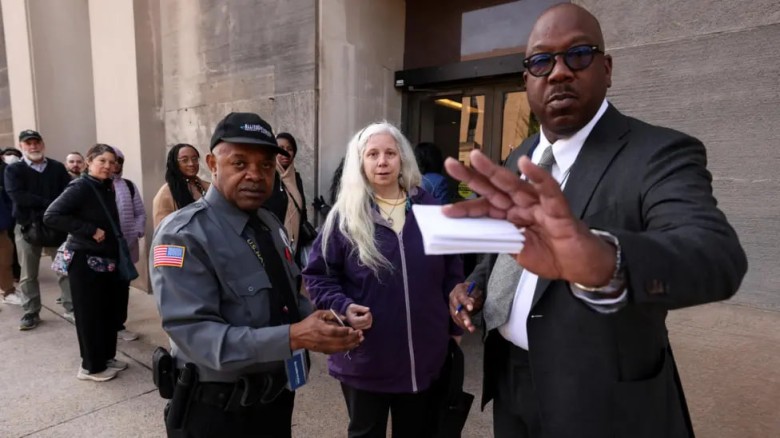
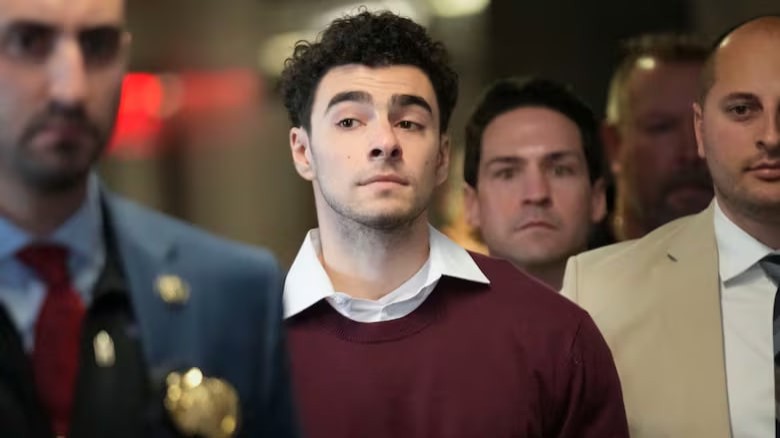
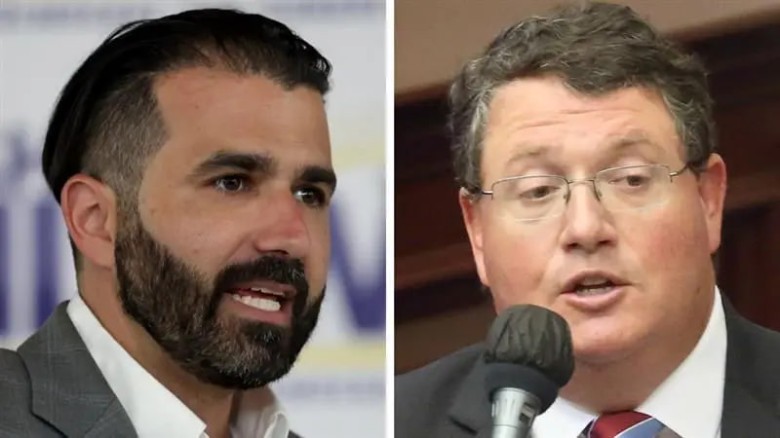

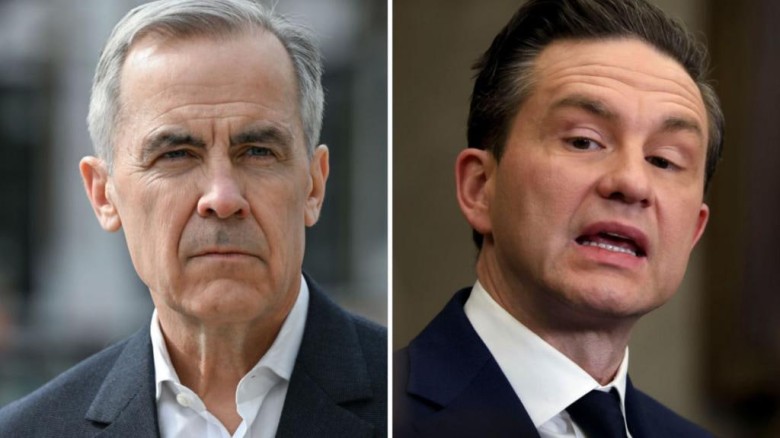
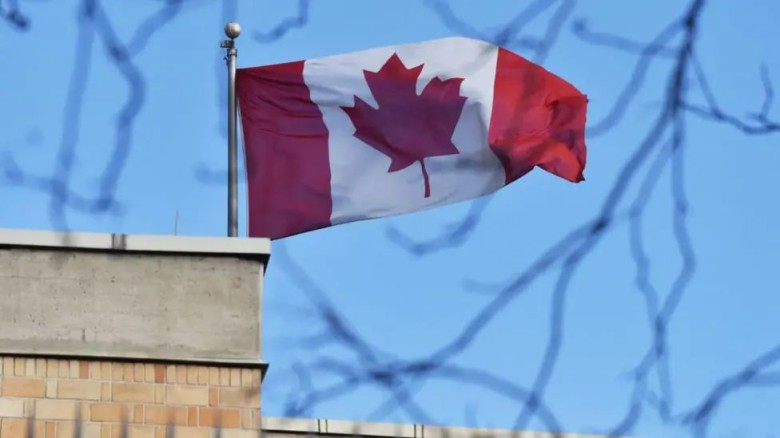
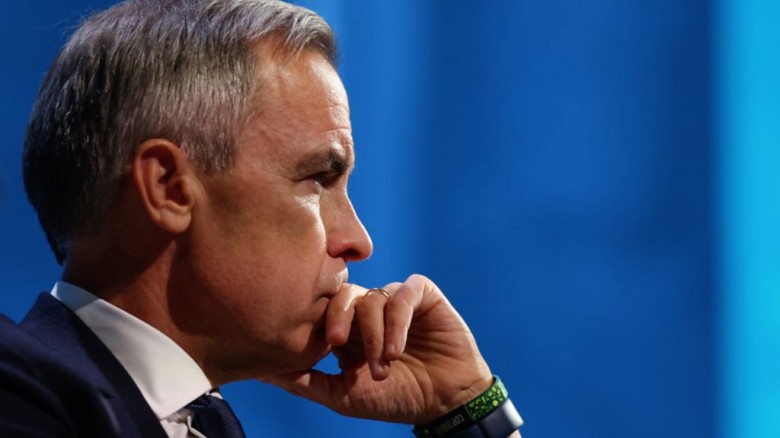
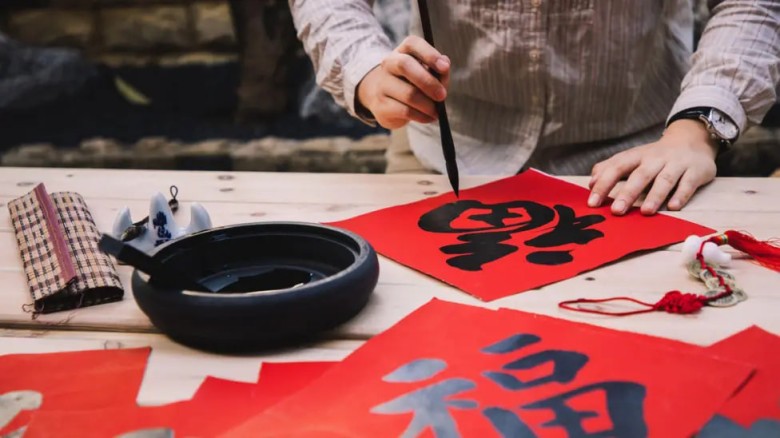
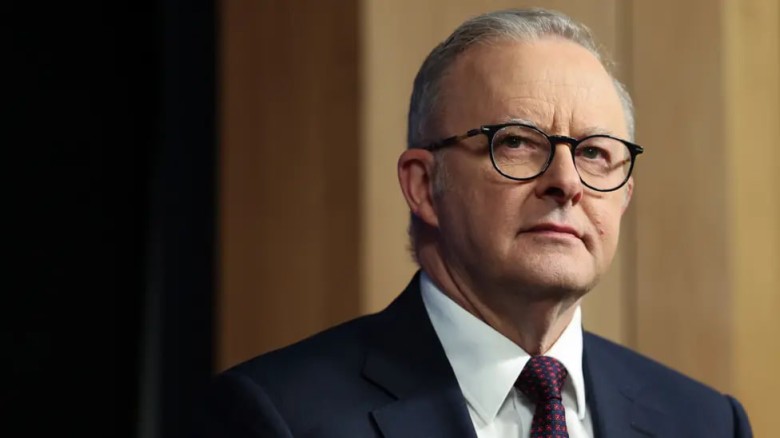
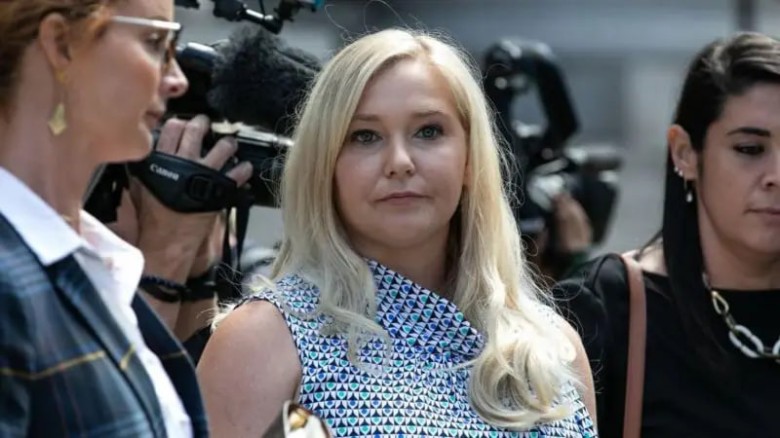
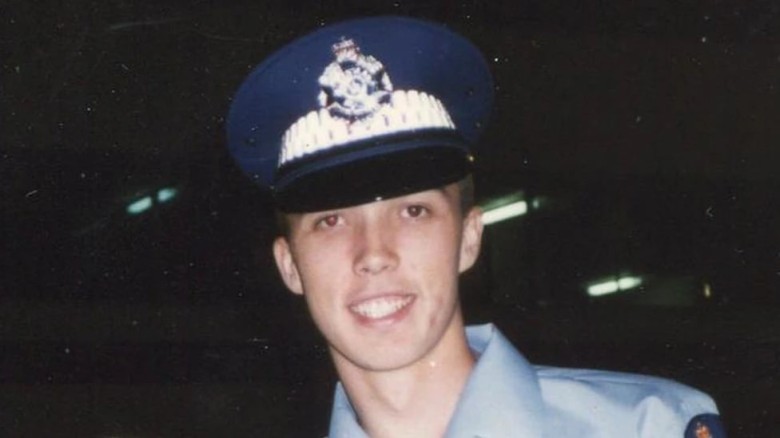
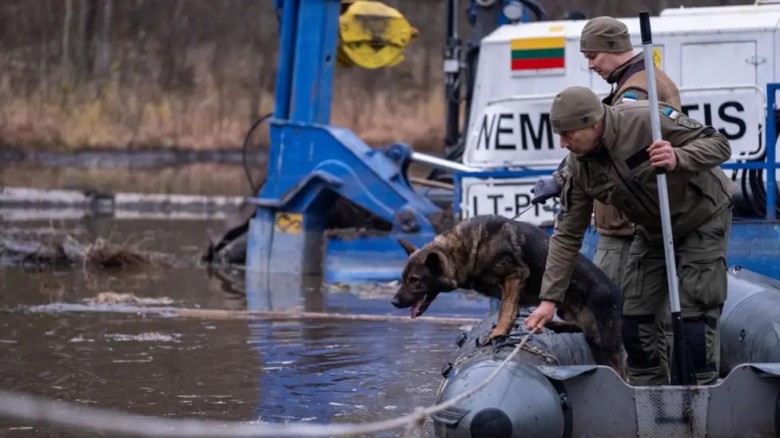
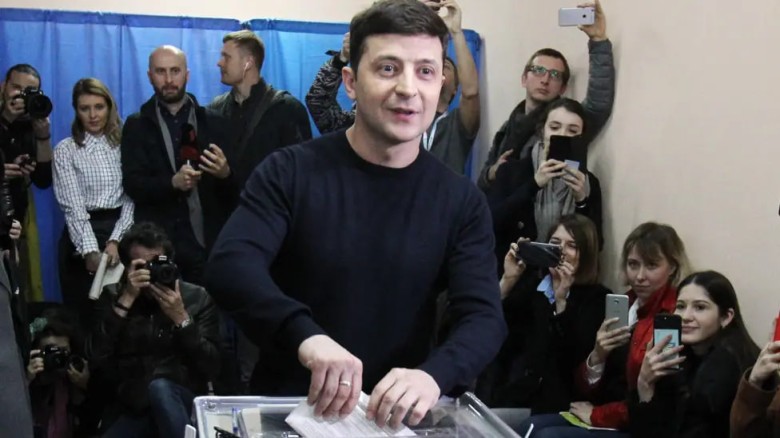
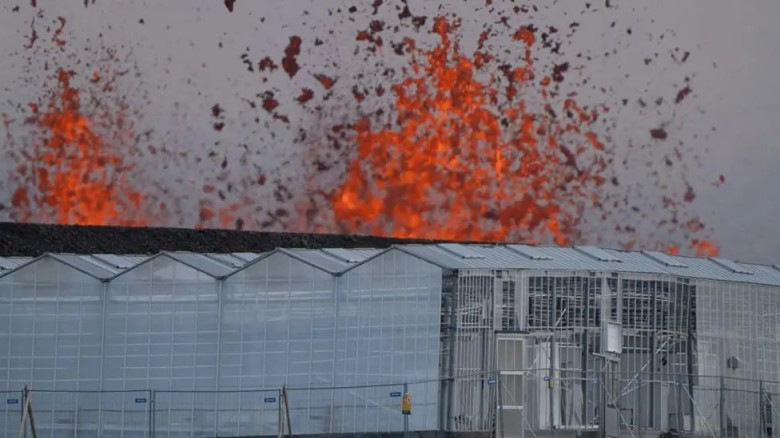
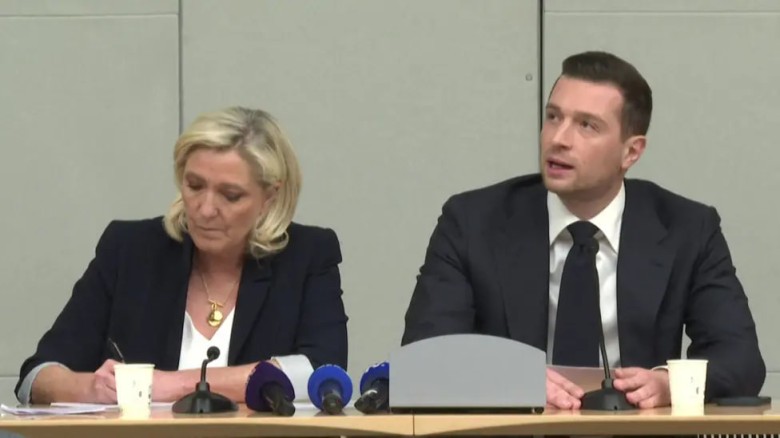
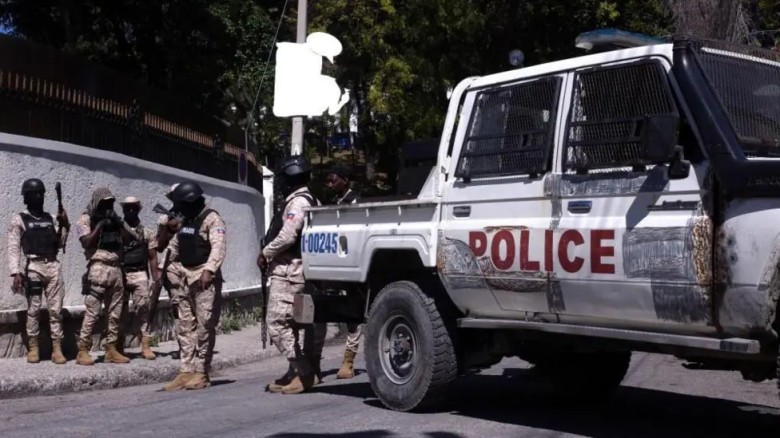
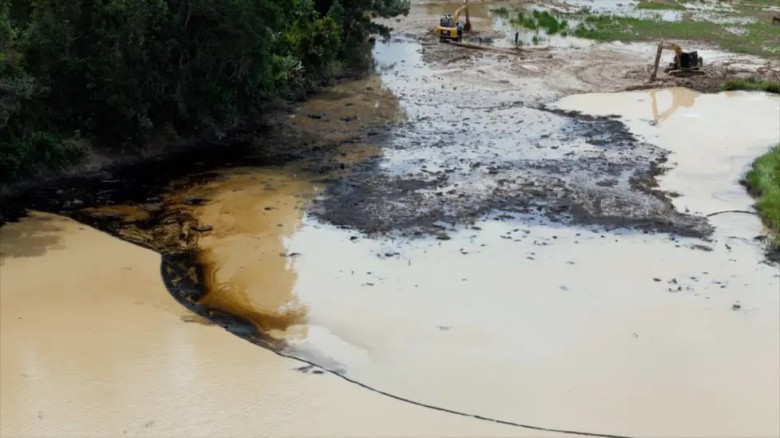
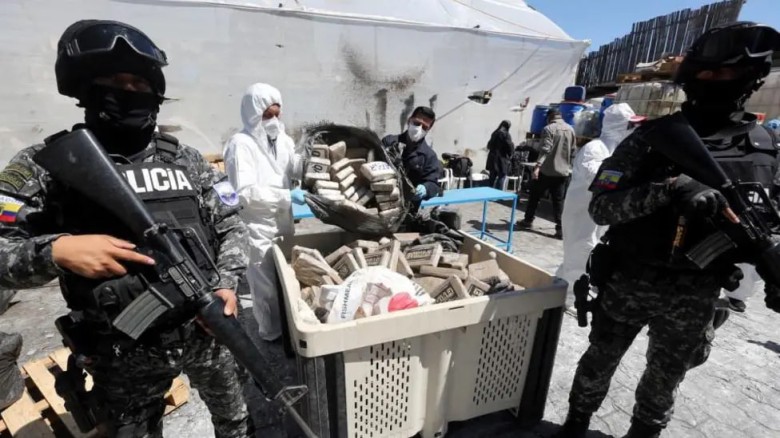
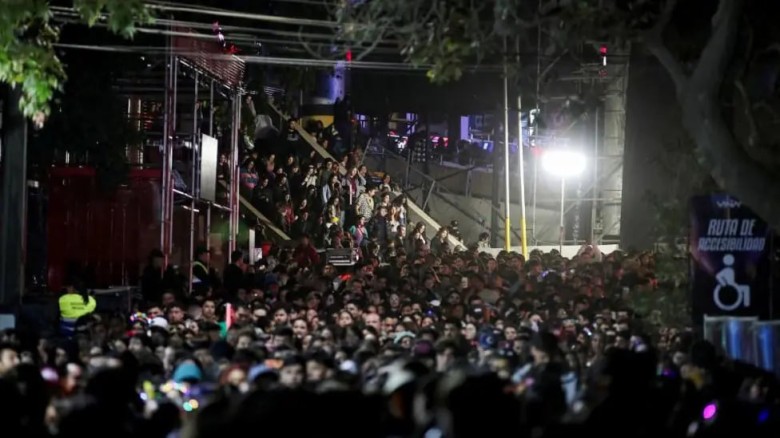





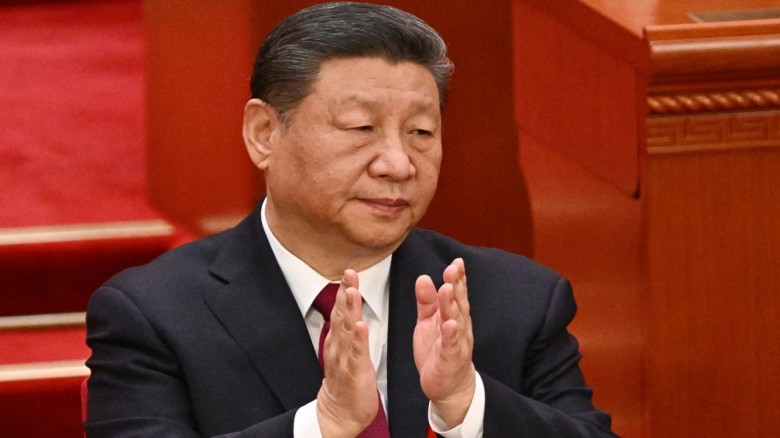
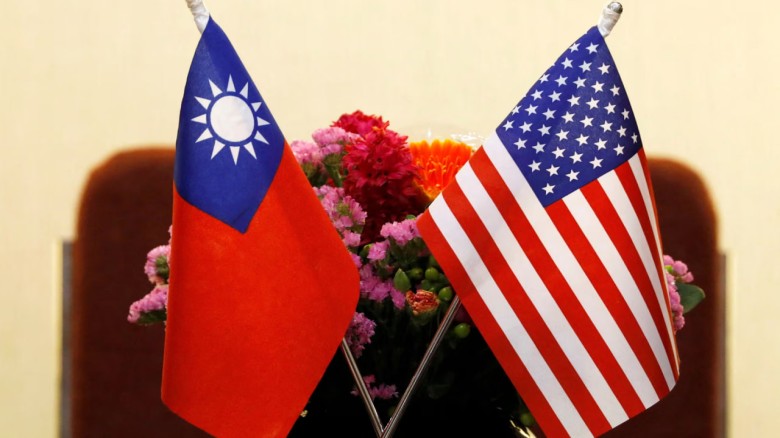

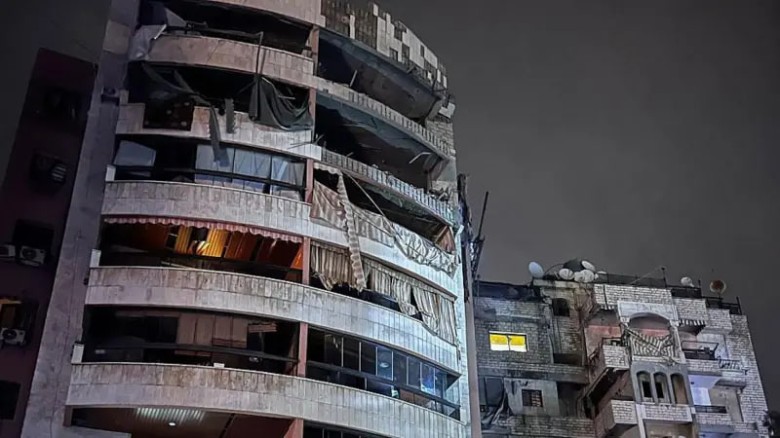
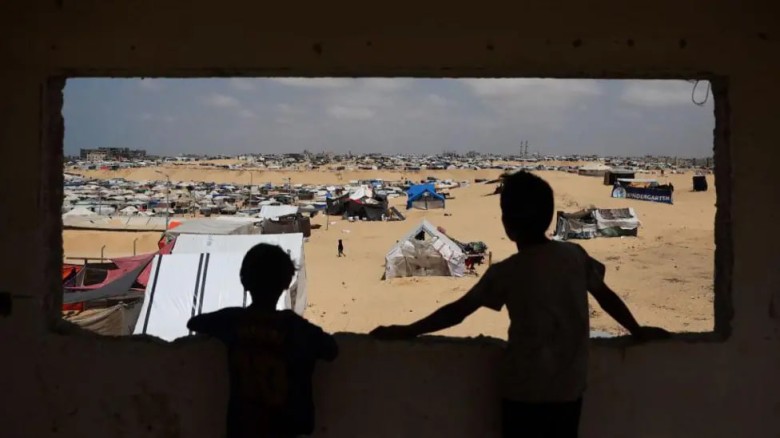
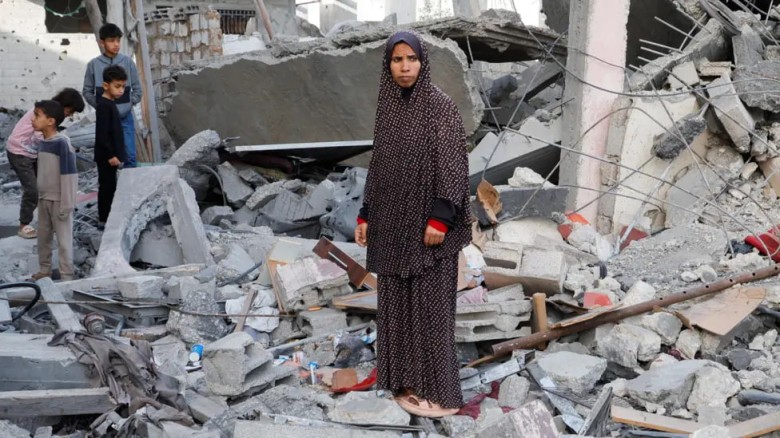
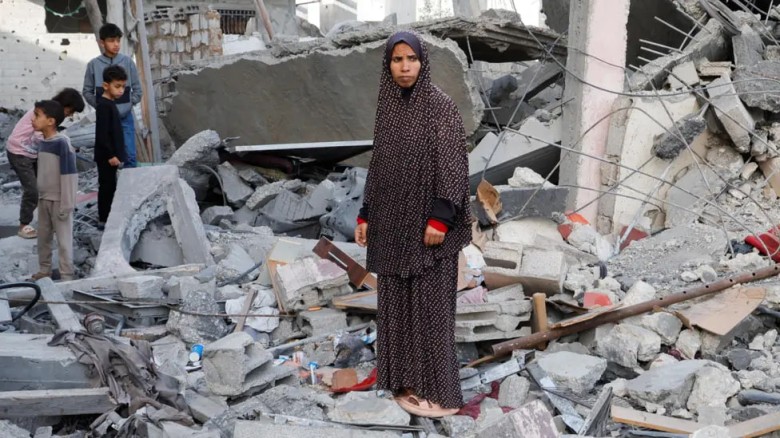

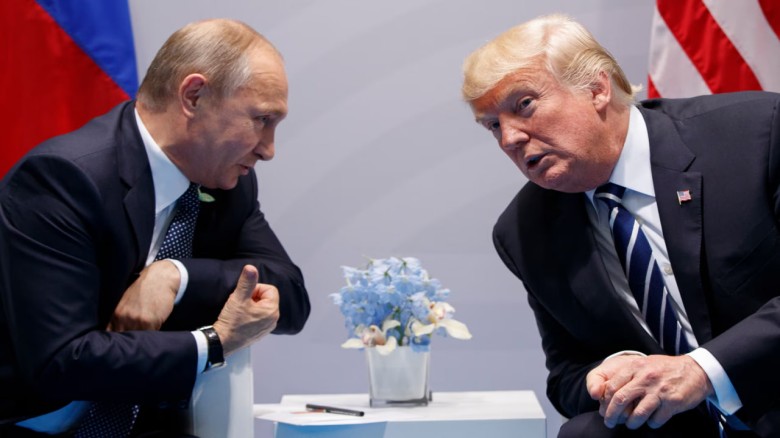
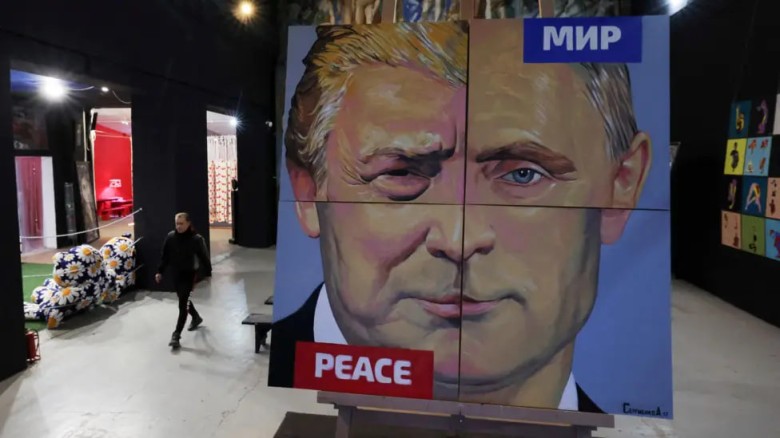
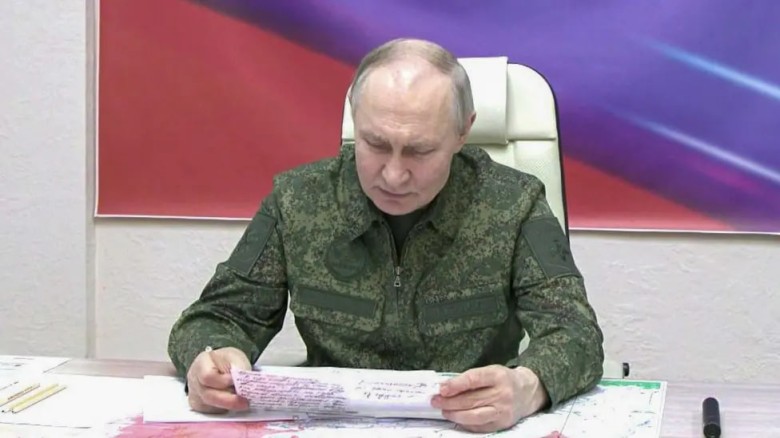



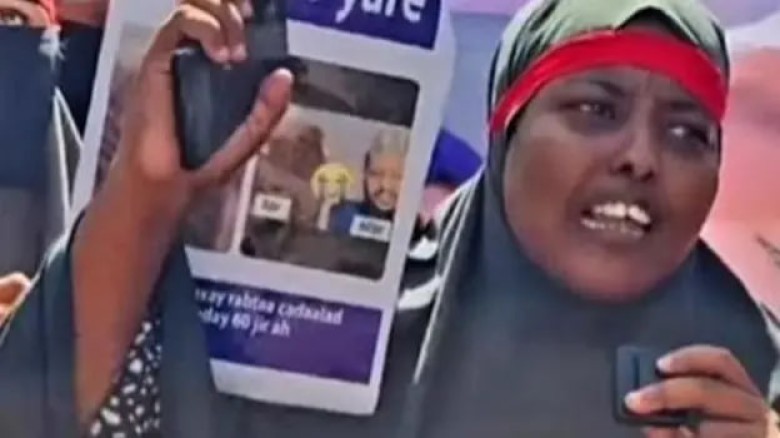
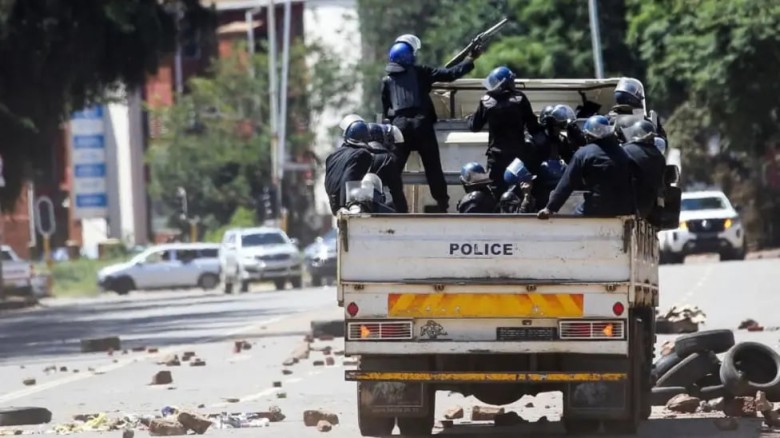
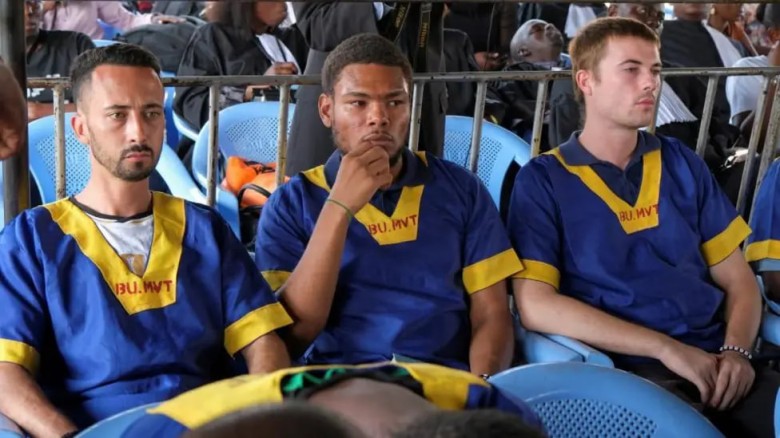
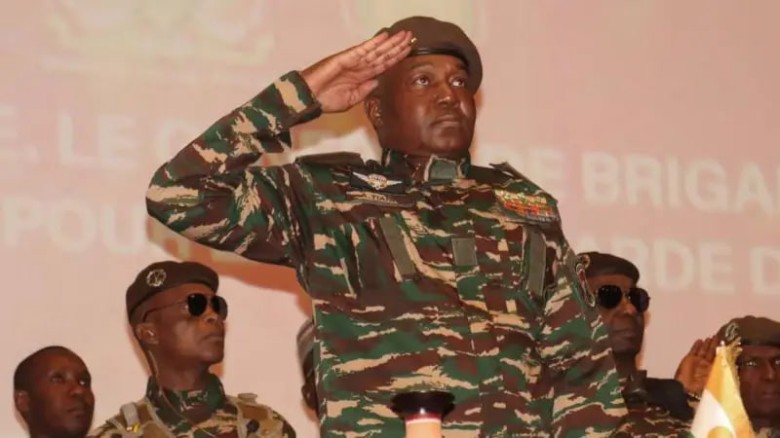







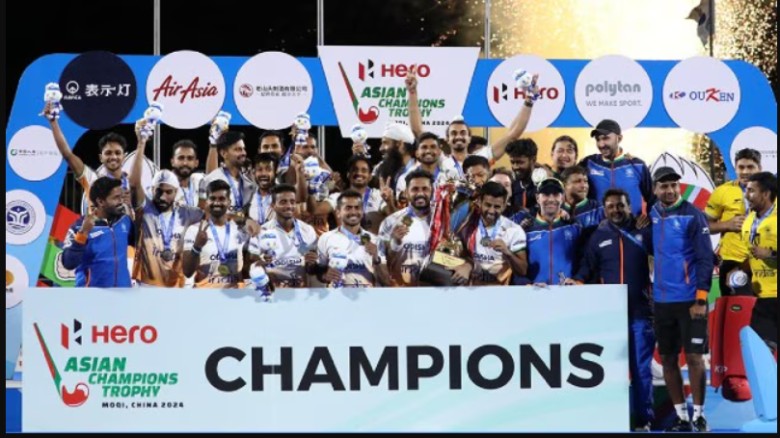



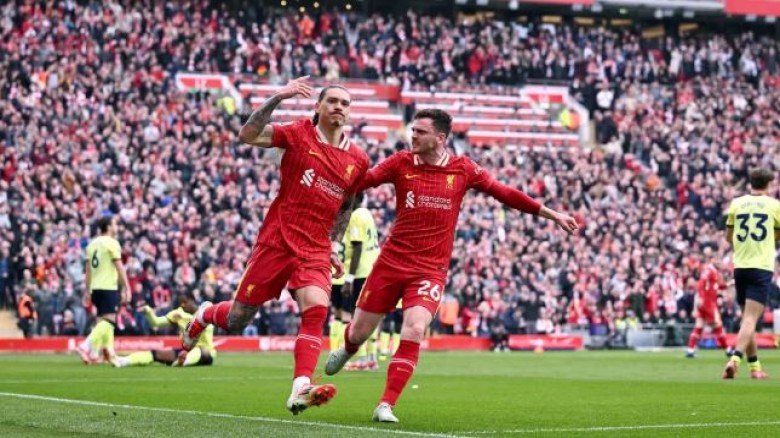

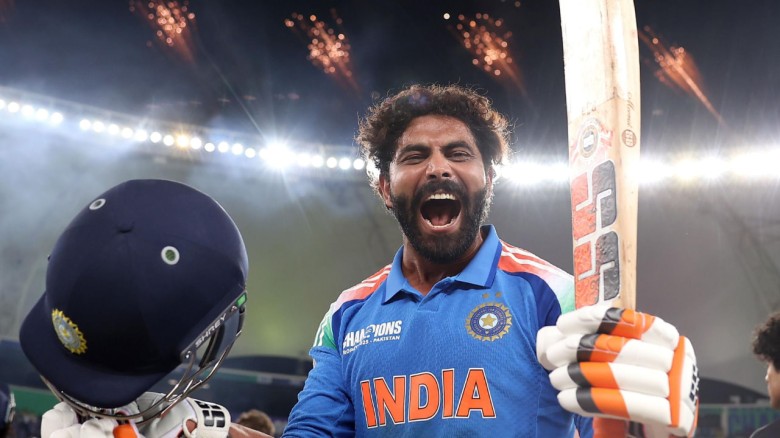
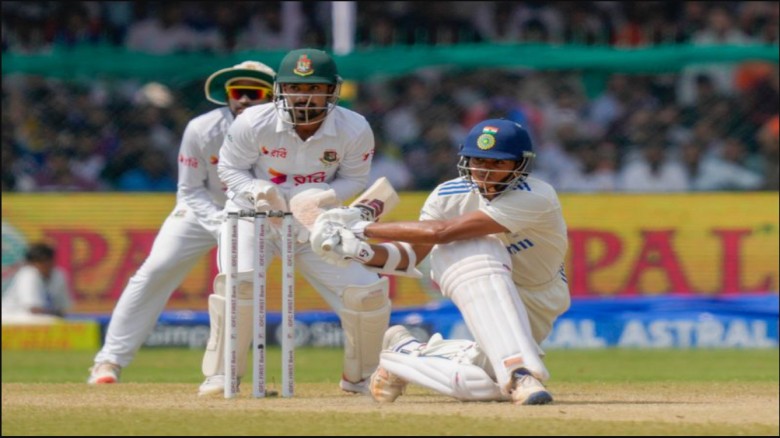


Leave A Comment